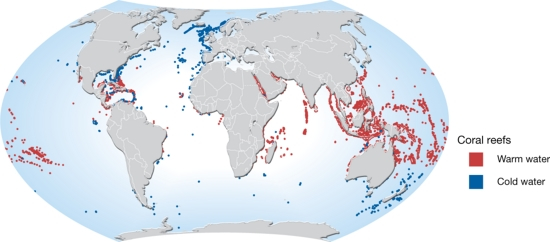The latest on Climate Change from the IPCC

Dr Anjani Ganase reviews the latest reports on climate change from the world’s scientists. They indicate that small island states must take care of the land (agro-forestry) and manage marine resources… with urgency. (First published in the Newsday TT on March 10, 2022) Global research has concluded that climate change continues to adversely impact most natural and human systems around the world, including many ecological services, such as food and water supply, pollination, clean air, tourism, health, clean water, coastal protection, and climate regulation. For humans, water and food production, health and wellbeing, have all diminished. About 3.3 to 3.6 billion people (more than one-third of the world population) live in hotspots vulnerable to high impacts of climate change. Many of these areas already have social and environmental ills, such as failing governance and poverty. Central and South America, West and East Central Africa, South Asia, and small island stat...





